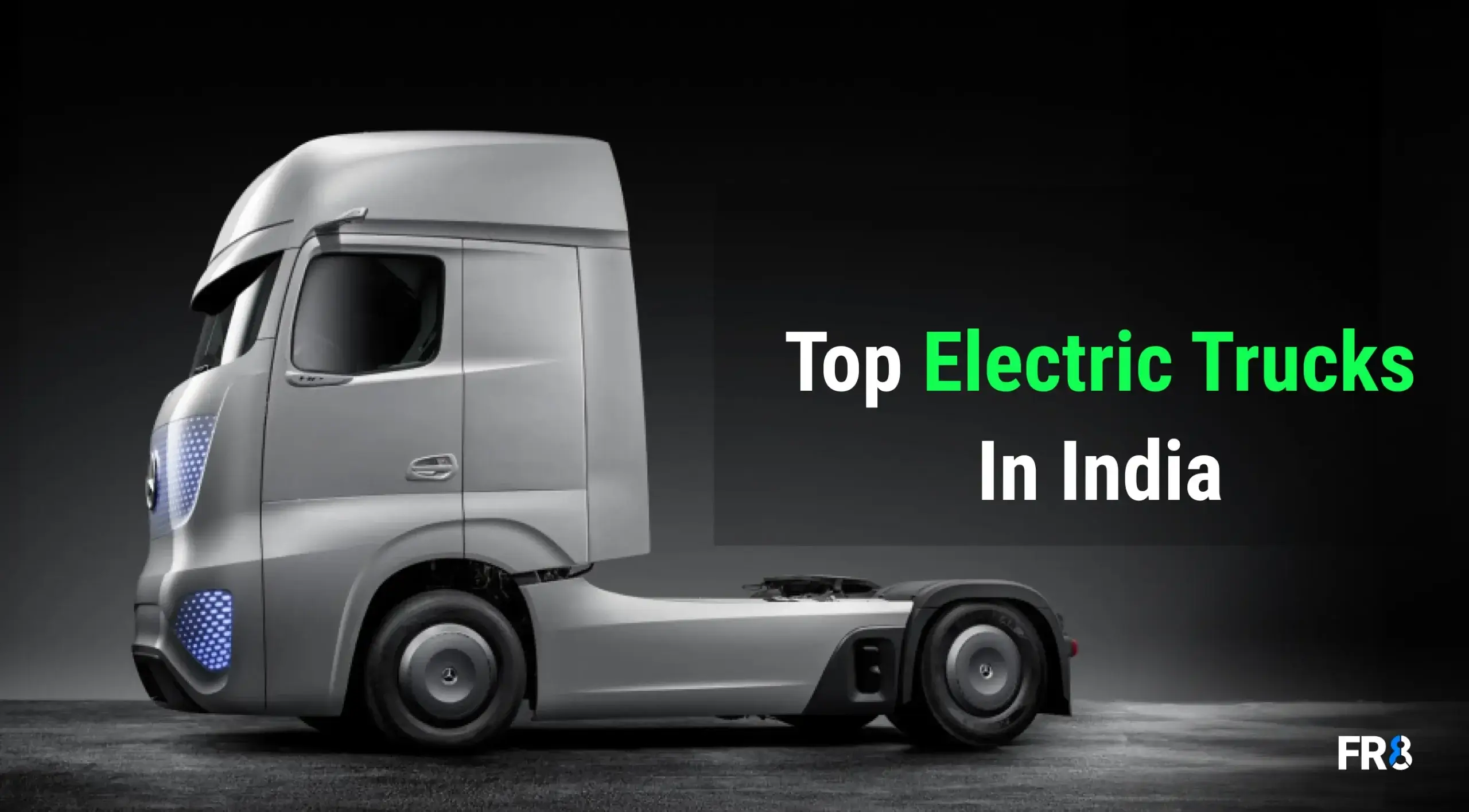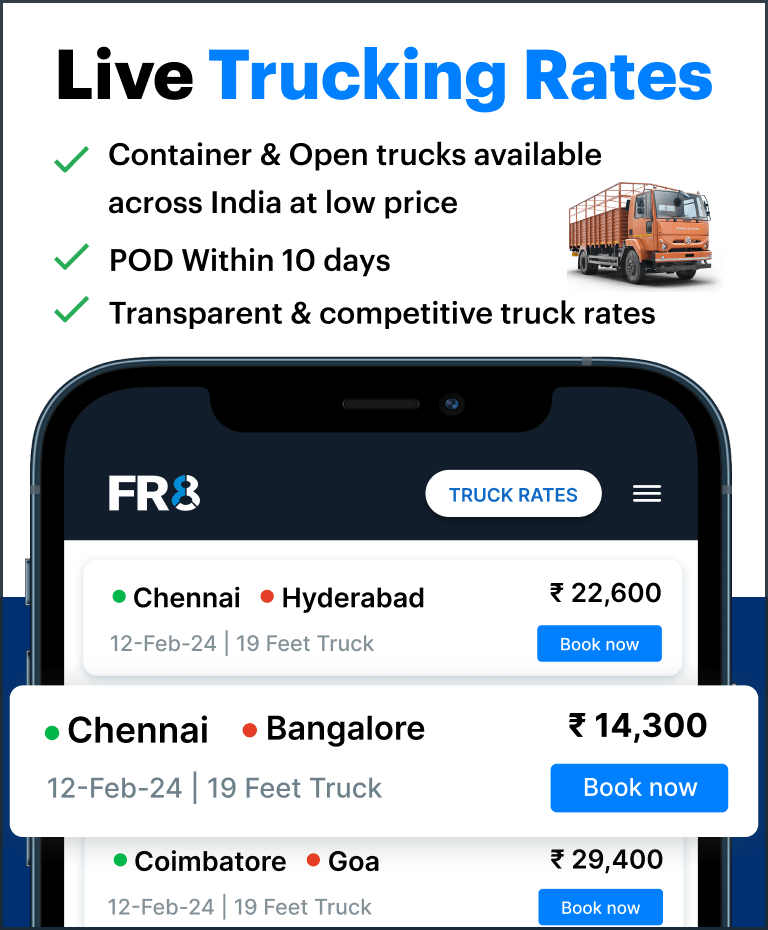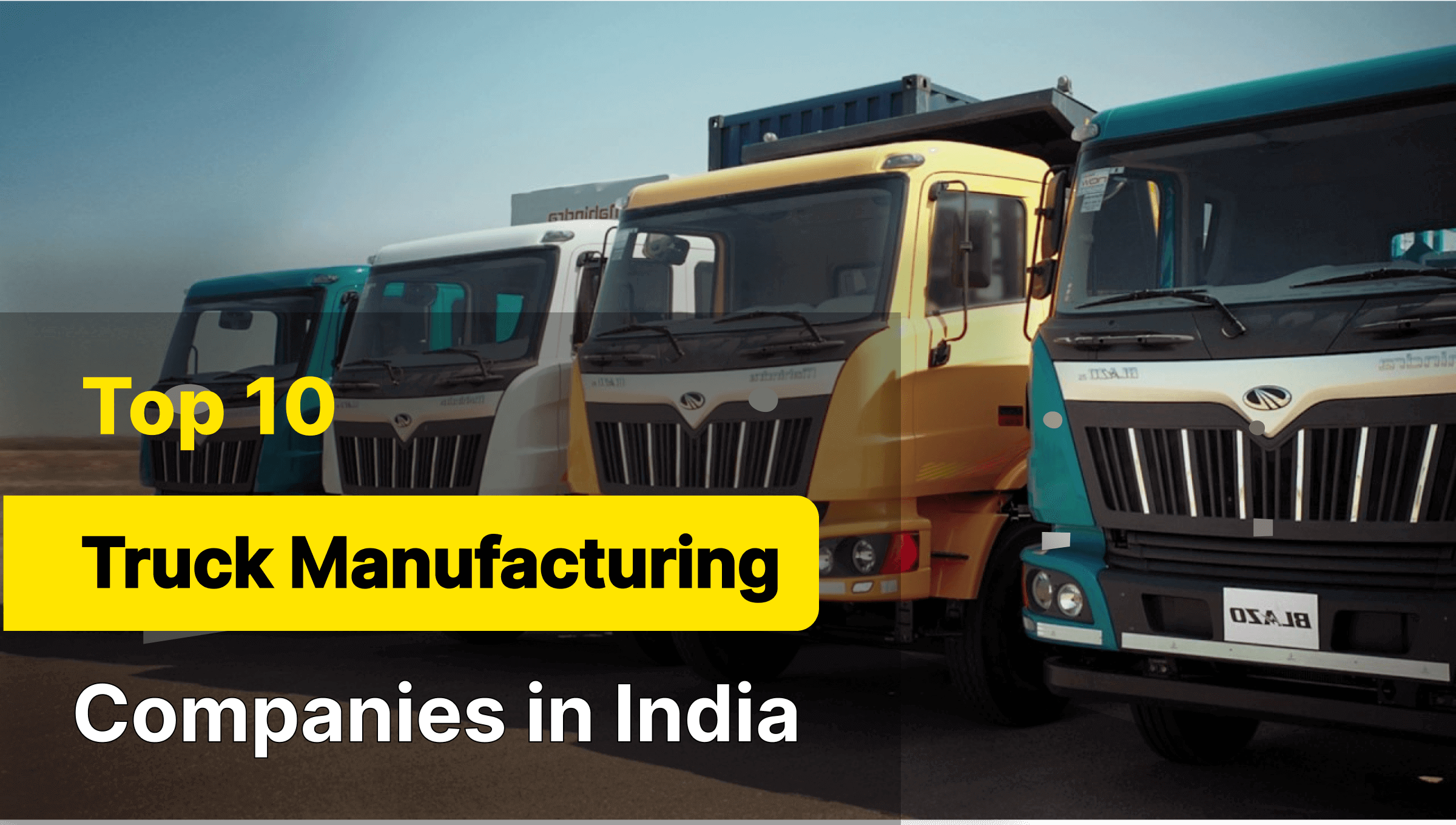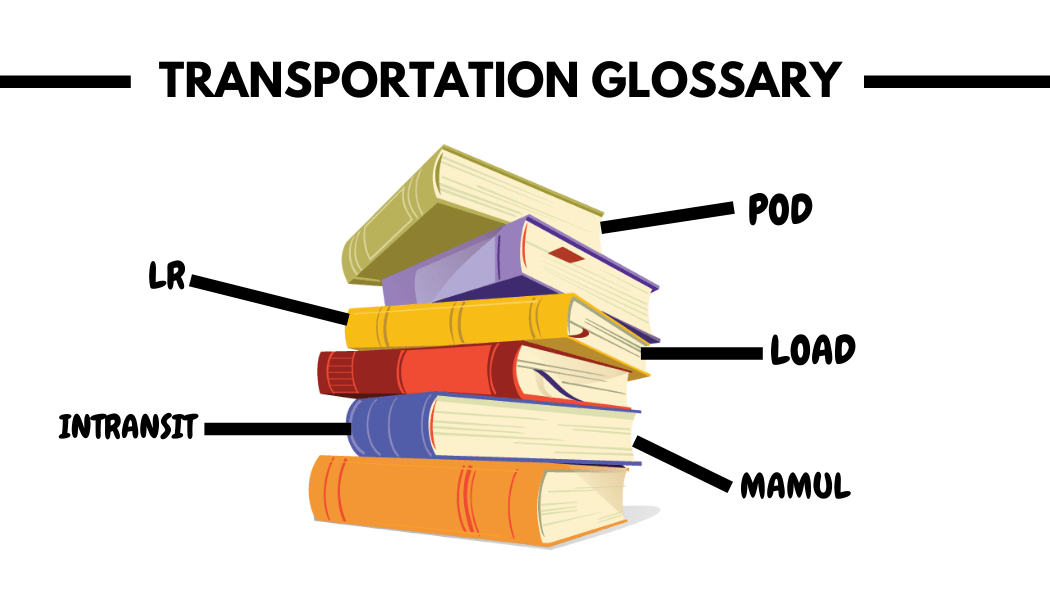
Table of Contents
Introduction
As the world moves towards sustainable transportation solutions, the logistics sector in India is also witnessing a significant shift. Electric trucks in India are emerging as a game-changer, promising to revolutionize the way goods are transported across the country. In this blog, we’ll explore how electric trucks are set to change the landscape of logistics in India, the benefits they bring, the challenges they face, and the top electric trucks to look out for in 2024.
Government Incentives for Electric Trucks in India
The push towards electric trucks is gaining momentum in India, driven by environmental concerns and government initiatives. Key players in the automotive industry, including Tata Motors, Ashok Leyland, and Mahindra Electric, are investing heavily in the development of electric trucks in India.
The Indian government’s Faster Adoption and Manufacturing of Hybrid and Electric Vehicles (FAME) scheme provides incentives for electric vehicle (EV) adoption. Policies aimed at reducing carbon emissions and enhancing energy security are also encouraging the transition to electric trucks in India.
Top Electric Trucks in India – 2024
As we move into 2024, here are some electric trucks that are set to make a mark in India:
1. Tata Ultra T.7 Electric
The Tata ULTRA T.7 Electric Truck is India’s first electric intermediate commercial vehicle. Its modern cabin comes equipped with advanced telematics, making it an ideal choice for last-mile delivery and intra-city goods transportation.

| Range | 100 km/charge |
| Payload Capacity | 3692 – 4935 KG |
| Charging Time | 2 hours (Approx) |
| GVW | 7490 – 8750 kg |
| No. of Tyres | 6 |
| Price | ₹ 15.29 – 16.81 Lakh |
2. Ashok Leyland Boss 1219 EV Truck
The Ashok Leyland Boss 1219 EV Truck is built for medium-duty transport, combining durability with efficiency. It features advanced safety systems and a user-friendly interface, making it a reliable choice for various logistics needs.
Recent Update: “Ashok Leyland on Oct 7 2024, began to supply 180 electric trucks, valued at around Rs 150 crore, to Group BillionE. The AVTR 55-tonne Electric Tractor, BOSS 19 tonne and BOSS 14 tonne electric ICV (India’s first in this range), will operate on the Chennai-Bengaluru and Chennai-Vijayawada routes. These Ashok Leyland electric vehicles, include the ADAS (Advanced Driver Assistance System) and dual-port charging capabilities, showcasing the company’s innovation in electric vehicle technology.”

| Payload Capacity | 6000 KG |
| GVW | 11990 kg |
| No. of Tyres | 6 |
| Max Speed | 80 KMPH |
3. Eicher Pro 2055 Electric
Eicher Pro 2055 is an electric truck in India, built for navigating busy city streets and tight spaces. It likely has a smaller frame and better maneuverability compared to some of the other electric trucks on the market.

| Payload Capacity | 2209 KG |
| GVW | 5450 kg |
| No. of Tyres | 4 |
| Battery Capacity | 64.4 Kwh |
| Charging Time | 8-10 Hours |
4. Tata Ace EV
The Tata Ace EV is India’s premier four-wheeled Electric CV, a continuation of the esteemed Ace SCV heritage. It provides dependable transportation while drastically cutting carbon emissions. Wth rapid charging in just 105 minutes, it is best for urban logistics and last-mile delivery.

| Range | 154 Km/charge |
| Payload Capacity | 600 KG |
| Charging Time | 6-7 Hours |
| GVW | 1840 kg |
| No. of Tyres | 4 |
| Price | ₹ 9.21 – 9.22 Lakh |
5. Olectra Electric Truck
Olectra’s electric truck is a heavy-duty electric tipper truck, designed for applications like construction and mining. It prioritizes safety with features like high-end safety technology as per AIS-038 standards and fire-proof batteries. Additionally, it integrates telematics with vehicle tracking and a battery management system for optimal performance.

| Range | 70-110 Km/charge |
| GVW | 28000 kg |
| No. of Tyres | 10 |
| Max Speed | 80 KMPH |
| Charging Time | 2 Hours |
Why Electric Trucks?
Electric trucks bring a ton of benefits that make them a compelling choice for logistics:
1. Environmental Impact:
Electric trucks produce zero tailpipe emissions, significantly reducing air pollution and greenhouse gas emissions. The adoption of electric trucks in India aligns with our commitment to the Paris Agreement and its goal of achieving net-zero emissions by 2070.
2. Cost Efficiency:
While electric trucks might have a higher upfront cost, they offer substantial savings in the long run. Electricity is cheaper than diesel, and with fewer moving parts, maintenance costs are also lower.
3. Operational Efficiency:
Electric trucks are known for their smooth and quiet operation. This not only reduces noise pollution but also provides a better driving experience. They are perfect for urban logistics and short-haul routes, where frequent stops and starts are common.
Challenges and Barriers
Despite their advantages, electric trucks face several hurdles:
1. Infrastructure Development:
One of the biggest challenges is the lack of charging infrastructure. To support the widespread adoption of electric trucks in India, we need more charging stations, especially along highways and in rural areas.
2. Battery Technology:
Current battery technology limits the range and payload capacity of electric trucks. However, ongoing research and development are expected to bring significant improvements in the near future.
3. High Initial Costs:
The initial purchase cost of electric trucks in India is higher compared to diesel trucks. Financial incentives and subsidies from the government can help mitigate these costs and encourage adoption.
Conclusion
Electric trucks are not just a trend; they are the future of logistics. As technology advances and infrastructure improves, electric trucks in India will become more prevalent, driving us towards a cleaner, greener, and more efficient future in logistics. The journey has just begun, and the road ahead is electric.

Yoga Laxmi
Sometimes English is just silly. That's what got me hooked on writing in the first place. Why on earth can't "grateful" be spelled "greatful"? Here's the thing, I love untangling the knots of language just as much as I love untangling the complexities of logistics. In my blog posts, I'll do both! No "greatful" mistakes here, just good info and a smooth journey through the world of shipping.








